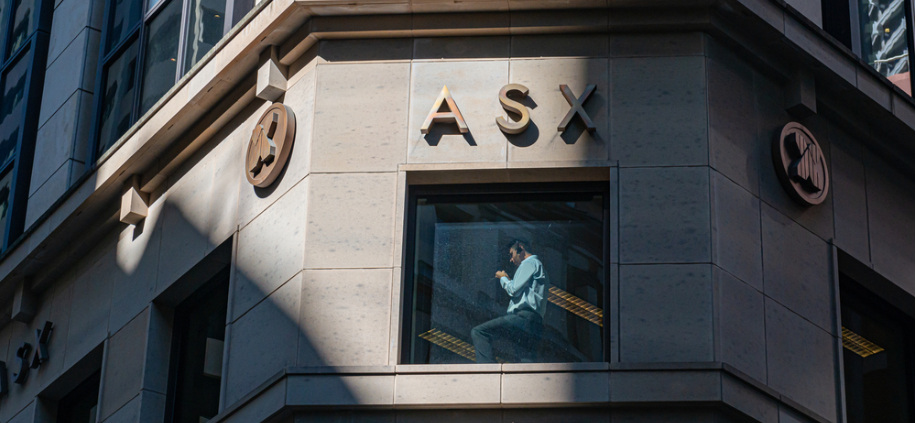Cobalt Blue – looking through COVID-19

Cobalt Blue Holdings Ltd (ASX:COB) is encouraged by positive impacts emerging from the unprecedented times presented by the COVID-19 pandemic, particularly in terms of longer-term trends.
With the pandemic bringing the world to a near-total halt, there have been much fewer emissions released into the atmosphere from transport and industrial activities creating cleaner skies.
This has not been unnoticed with many world leaders encouraged to bring forward green solutions, supported by lobby groups.
The trend will also support increased use of metals used to help create a cleaner, greener economy, such as cobalt.
In this report, Cobalt Blue looks at the near-term and longer-term impacts of COVID-19.
Near-term effects on cobalt market[hhmc]
COVID-19, the biggest health, social and economic crisis in a generation is upon us. The profound effects upon the cobalt production chain, already under stress, may take years to resolve. However, capital markets have a long history of dealing with uncertainty.
But what do key market participants/experts have to say about the COVID-19 effects upon the cobalt market?
- Benchmark Mineral Intelligence (cobalt consultants) – revises 2020 global cobalt demand down ~9.0%, whilst supply is reduced by ~4.0% (21 cobalt mines to date have suffered from COVID related shut-ins);
- SK Innovation (battery maker) revises down 2020 battery sales by 10%;
- LG Chem (battery maker) said battery sales will fall about 10-15% short of its 2020 forecast; and
- Samsung SDI (battery maker) said any impact on EV demand will be short-lived and that European countries will resist calls to ease emissions regulations to boost their economies, ensuring that the rapid rollout of new EV models will continue.
There seems little doubt that these revisions are not catastrophic and will largely take place over the near term as economies recover and supply chains begin functioning.
Longer-term effects on cobalt market[hhmc]
This is where it gets very interesting. Due to COVID, major cities around the world have seen significant falls in particulate matter (smoke) and greenhouse gasses. A third of today's greenhouse gas emissions come from the burning of fuel for transport.
Over 2020, the International Energy Agency estimates that energy consumption will be down 6% this year (largest drop ever recorded). Politicians are taking notice.
COVID is thus helping to accelerate decarbonisation. For example, the United States is on track to produce more electricity this year from renewable power than from coal for the first time on record (Energy Information Administration).
The cost of building large wind farms has declined more than 40% over the last decade, while solar costs have dropped more than 80%. Globally, solar is now the cheapest generation source.
Lower oil prices will have strong effects longer term. Wood Mackenzie (a global consulting company) estimates, that at US$35/barrel, 75% of proposed oil and gas projects would return a sub 10% IRR.
In this environment, it can no longer be argued that “investing in renewables is unattractive”. Prior to COVID, the European oil majors spent a mere US$5 billion per annum on zero-carbon energy (<9% of their budgets). Diversification into clean technologies can, therefore, help ensure the long-term survival of these companies.
With increased EV take up and renewable generation roll-out comes societys energy storage needs. Wood Mackenzie estimates that cobalt demand will increase by 5 times over the coming decade for nations to meet these obligations. Markets have clearly lost sight of this longer-term trend.
Why COB and The Broken Hill Cobalt Project?[hhmc]
Work programs remain underway, despite the near-term effects of COVID-19. What is so attractive about this project?
- World scale – The Broken Hill Cobalt Project (BHCP) is the largest greenfield cobalt project ex-Africa in the world. With a nominal capacity of 4,000 tonnes per annum cobalt, this is a top 10 world-scale project.
- Jurisdiction – Project is based in the safe and stable jurisdiction of Australia.
- Economics – COB will shortly release an updated ore reserve statement (mid-2020). We expect this more optimised seriRead More – Source
[contf]
[contfnew]

Proactiveinvestors
[contfnewc]
[contfnewc]




